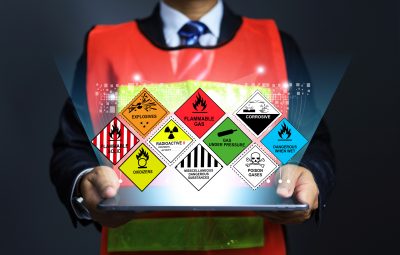Contrary to popular opinion, delegation is not about handing off the least desirable tasks to a subordinate. Delegation is about finding ways for employees to grow, both personally and professionally, and does far more than just help get work done. It can be used as a leadership development tool.
Delegation involves tapping into employees’ potential. One employee might have a particularly good mind for the technical aspect of the job, while another has a flair for the public relations side. Identify these high-potential employees and select them for further development. In contrast, a potentially promising employee might not be able to grasp certain fundamentals of the leadership position, or may be simply ill-equipped to take on such a role. But whether an employee rises to the occasion or not, these things are good to know, regardless of which way they turn
The following questions can help supervisors decide if they are ready to use delegation as a leadership tool:
- Are they receptive to employees’ ideas?
- Are they prepared and willing to accept that employees will make mistakes?
- Are they ready to share success with employees?
- Are they ready to exercise self-restraint and let employees operate independently?
If supervisors can answer yes to these questions, they are ready to begin delegating. The four steps are:
- Plan the delegation.
- Assign the task(s).
- Determine if the employee is ready to execute the task.
- Follow up with the employee
There are five key activities to include:
- List the tasks that are appropriate to delegate.
- Identify associates who are ready to take on added responsibility.
- Determine the specific results expected.
- Determine how often to check in.
- Develop expectations for reporting activity.
To be successful, the delegation should set clear expectations and deliverables prior to allowing the employee to work on the task. To gauge how well an employee has accomplished the task, the results should be specific, measurable, attainable, realistic and timely.
Remember: Delegation will keep employees engaged and motivated because they are involved. An effective leader uses delegation to ensure that the organization operates at its fullest potential — instead of leaving potential undeveloped and untapped.
For more information about leadership development tools for your work force, contact the Association at 814/833-3200 or 800/815-2660. You can also view our upcoming HR and training courses on www.mbausa.org.

















